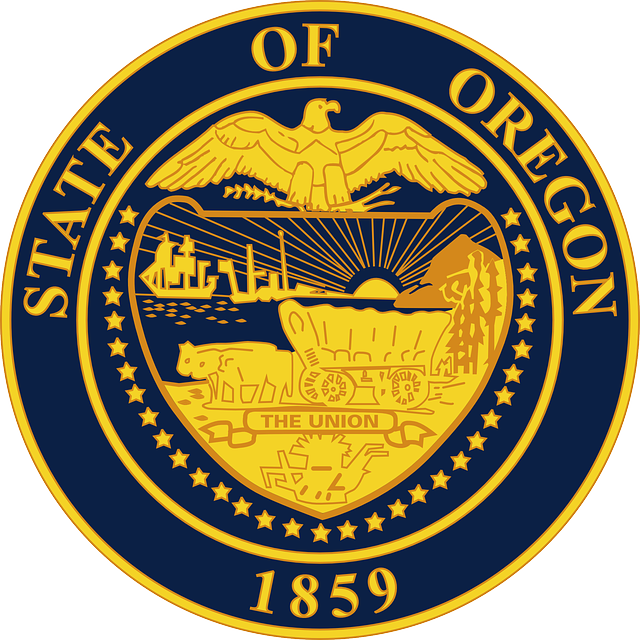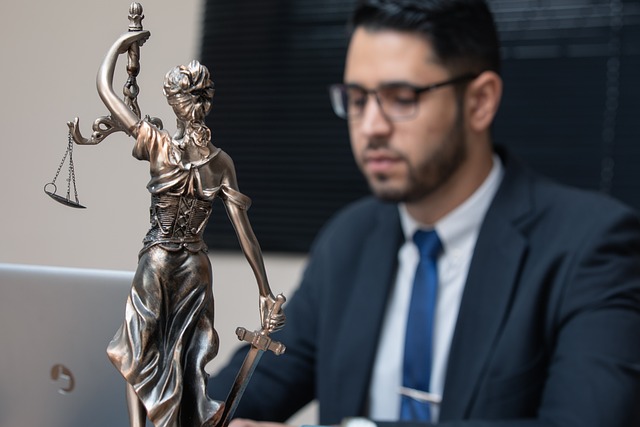Child welfare attorneys in Oregon are crucial for protecting vulnerable children and their families. Effective collaboration with these specialists involves open communication, regular contact, and mutual respect to achieve positive case outcomes. Building strong attorney-client partnerships within the Oregon framework ensures the best interests of children are prioritized, leveraging the expertise of child welfare legal experts and an attorney partnership guide. Working closely with qualified attorneys is key to navigating complex regulations and securing favorable resolutions in child welfare cases.
Working with a welfare attorney in Oregon is crucial for ensuring the best outcome for your case involving child welfare. This comprehensive guide explores key aspects of collaborating effectively with these legal experts. From understanding their role within Oregon’s child welfare system to building strong communication lines and navigating complex cases, you’ll discover essential considerations for successful attorney-client relationships. Embrace this partnership guide for a smoother journey through challenging legal processes.
- Understanding the Role of a Child Welfare Attorney in Oregon
- Building Effective Communication and Collaboration with Your Attorney
- Key Considerations for Successful Attorney-Client Relationships
- Navigating Complex Cases: A Guide to Working with Legal Experts
Understanding the Role of a child welfare attorney in Oregon

In Oregon, child welfare attorneys play a pivotal role in ensuring the well-being and legal protections of vulnerable children. These legal experts specialize in navigating complex family law issues related to child protective services (CPS). Their primary responsibility is to represent and advocate for the best interests of children involved in CPS cases, which often include fostering safe environments, securing appropriate placements, and providing legal guidance throughout the process.
When working with attorneys in Oregon’s child welfare system, effective collaboration is key. Building a strong attorney-client partnership allows for better case outcomes. This involves open communication, sharing relevant information, and maintaining regular contact to address evolving needs. The guide for navigating these relationships emphasizes mutual respect, clear objectives, and consistent effort to protect the rights and interests of children within the Oregon child welfare framework.
Building Effective Communication and Collaboration with Your Attorney

Building Effective Communication and Collaboration with Your Attorney is a critical aspect of successfully navigating complex child welfare cases in Oregon. When you engage a child welfare attorney, establishing a strong partnership becomes key to achieving favorable outcomes. Start by ensuring open lines of communication; share relevant information, ask questions, and actively listen to their insights and advice. Regular meetings and prompt responses help maintain momentum and ensure your legal strategy aligns with your goals.
Consider your attorney as an invaluable ally in this process. Collaborate closely, offering your perspective while valuing their expertise. This partnership guides you through the intricate legal landscape, ensuring compliance with Oregon’s child welfare laws. Together, you can develop strategies that protect the rights of all involved while fostering a safe and stable environment for the child.
Key Considerations for Successful Attorney-Client Relationships

Building a successful relationship with your attorney is paramount when navigating complex cases involving child welfare in Oregon. When working with a child welfare attorney, trust and open communication are the cornerstones of effective collaboration. These attorneys, who are often considered legal experts in their field, play a pivotal role in protecting the rights and interests of children and families.
To foster a productive partnership, clients should actively participate in the process, providing detailed information about their case. Regular meetings and prompt responses to inquiries ensure that both parties are aligned. The goal is to create an environment where the attorney can offer tailored legal strategies, while the client contributes their unique insights, leading to the best possible outcomes. An attorney partnership guide can be beneficial for clients, offering clarity on expectations and fostering a collaborative approach in this critical area of law.
Navigating Complex Cases: A Guide to Working with Legal Experts

When dealing with complex cases involving child welfare in Oregon, collaborating with a child welfare attorney becomes indispensable. These legal experts navigate a labyrinthine web of regulations and laws to ensure the best possible outcomes for involved families. Their expertise is crucial in interpreting and applying these rules, which can be intricate and ever-changing.
Effective collaboration involves open communication, shared goals, and clear roles. Working with attorneys in Oregon requires a partnership approach where both parties understand the unique dynamics of each case. By fostering a strong attorney-client relationship, you can ensure that every aspect of the legal process is thoroughly considered, promoting a successful resolution for all involved.






